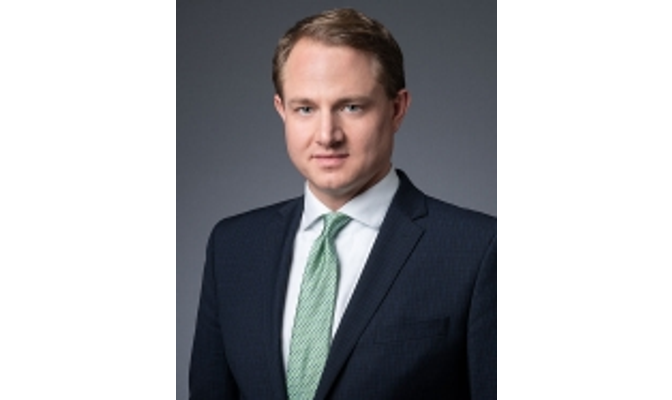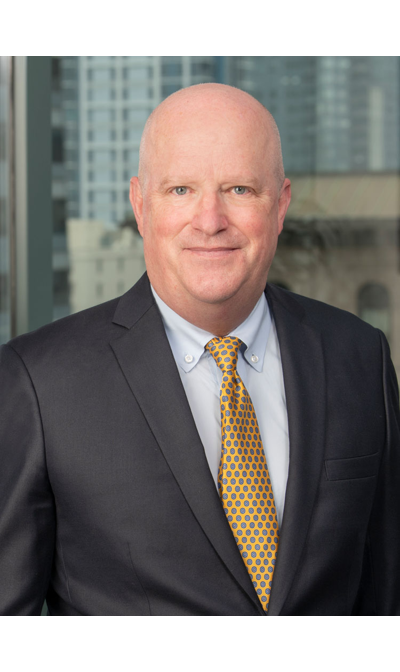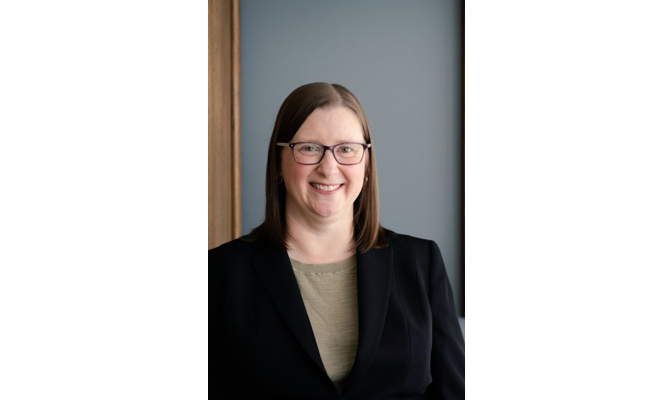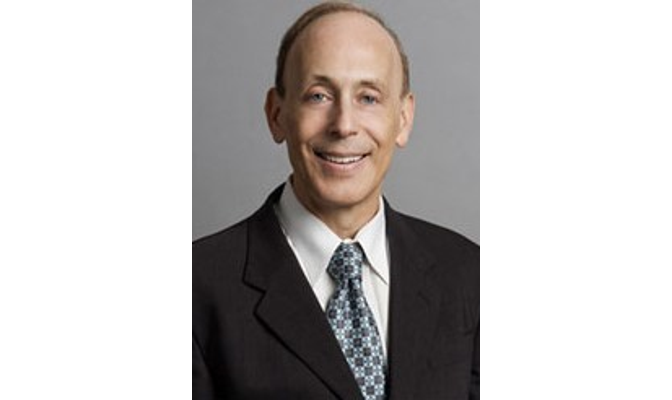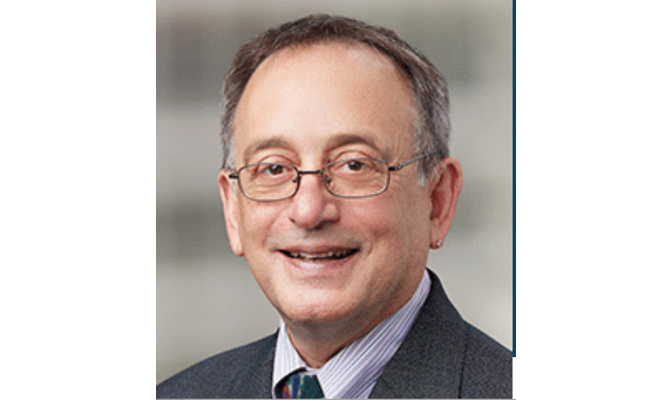Mona Naser is our Latest Featured Speaker!
Our latest featured speaker is Mona Naser of Carlson Dash!
Mona is speaking at our upcoming 14th Annual Circuit Court Boot Camp: The Nuts and Bolts program on December 10 & 12, 2024. This program covers a wide range of topics, including effective complaint and answer strategies, deposition and discovery techniques, navigating case management conferences, honing motion writing skills and heading up to trial. Led by experienced Circuit Court Judges and accomplished attorneys like Mona from a variety of backgrounds, including both large and small firms, this program offers an exclusive insider’s perspective on litigating in Illinois Circuit Court, along with invaluable general litigation skills. Attendees have consistently raved about the program each year.
Mona will be co-teaching “The Early Parts of Your Case: Themes, Complaints, Answers, and More” on December 10th. You can see the detailed agenda for her topic and the rest of the program, and sign up to watch it live or purchase OnDemand Streaming or a recorded package download here.
Mona has worked with corporate and individual clients to advise, counsel, and assist them in areas of commercial litigation, commercial real estate, general corporate work, and residential real estate.
On the litigation side of her practice, Mona represents individuals and entities as well as major creditors in a multitude of litigation matters in the areas of complex commercial cases and employment law.
In her capacity as a legal business counselor, Mona has advised individual and corporate owners of multi-unit dwellings, commercial strip malls, gas stations, mixed-use property, and small businesses in matters of dispositions, acquisitions, leasing, employee policies, and financing.
She works with clients to initially determine the appropriate business formation for their respective business needs and continues the relationship by helping business clients with corporate formalities, shareholder disputes, and dissolution. She drafts Shareholder Agreements, Bylaws, Operating Agreements, Resolutions, Employment Contracts, and other documents necessary for corporate governance.
Mona’s practice goes beyond working with businesses. She also represents buyers and sellers in all matters of dispositions and acquisitions.
We are so excited to have you join us Mona!


